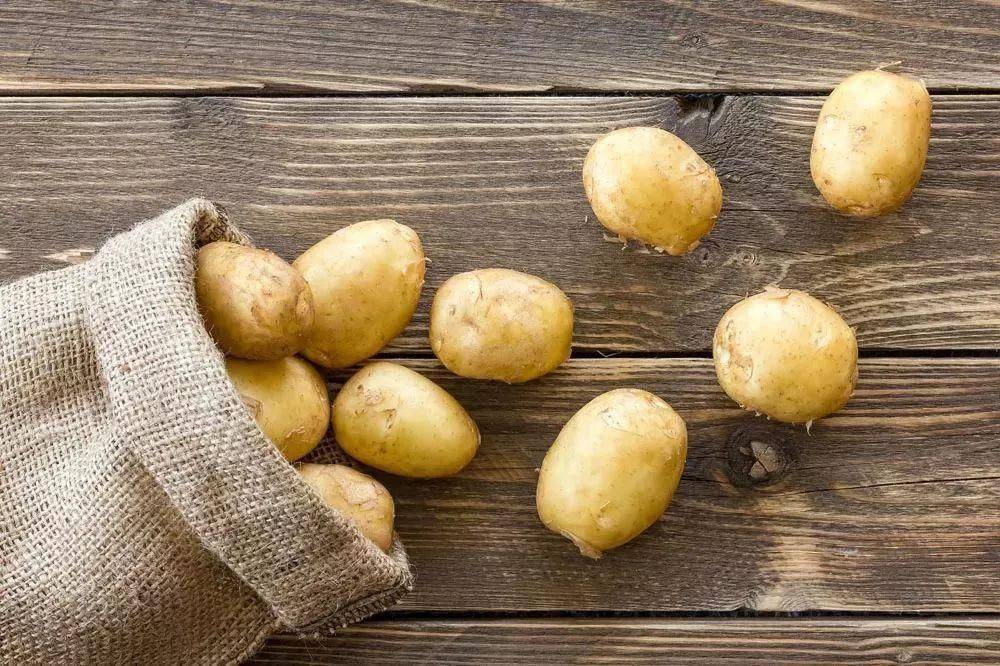In the vast realm of diabetes management, dietary control is undoubtedly one of the most concerning topics for every “sugar friend.” When mentioning potatoes, a common ingredient on dining tables, it often evokes mixed feelings. In traditional views, potatoes are often mistakenly considered a “forbidden” food for blood sugar management due to their high starch content. But is this really the case? As a brand focused on health management, Gu Yi Tang is here today to unveil the truth about the relationship between potatoes and diabetes.
Potatoes: A Nutritional Treasure That Should Not Be Misunderstood
Potatoes, known as “underground apples,” have significant nutritional value. They are rich in dietary fiber, vitamin C, B vitamins, and various minerals such as potassium and iron, all of which are essential for maintaining human health. Notably, the dietary fiber in potatoes helps to slow gastric emptying and increase satiety, which in turn helps control overall calorie intake—a critical factor for diabetes patients in managing blood sugar fluctuations.
Potatoes and Blood Sugar: Scientific Consumption is Key
Indeed, potatoes contain starch, but not all starch is a “sugar spike” catalyst. The starch in potatoes is classified as resistant starch, which is absorbed more slowly during digestion and helps stabilize blood sugar levels. Moreover, research indicates that moderate potato consumption, especially when paired with vegetables, lean meats, and other low-GI (glycemic index) foods, not only does not lead to a rapid increase in blood sugar but can also improve insulin resistance, reduce waist circumference, and lower the risk of long-term complications.
How Can Sugar Friends Eat Potatoes Scientifically?
Cooking method: Avoid high-oil cooking methods like frying and sautéing; opt for healthier methods such as steaming, boiling, or baking to reduce additional fats and salt intake.
Portion control: While potatoes are beneficial, moderation is key. As part of the main course, one should reasonably control the intake at each meal to avoid excess.
Balanced pairing: Combine with vegetables rich in dietary fiber and high-quality protein foods to enrich nutrition and help stabilize blood sugar.
Focus on individual differences: Each person’s physical condition and metabolic capacity vary. When sugar friends try new foods, they should closely monitor blood sugar changes and adjust their dietary plans according to personal circumstances.
Potatoes are not a “flood beast” for diabetes patients but rather a quality ingredient that can be included in a healthy diet plan. Under the professional guidance of Gu Yi Tang, sugar friends can truly enjoy the deliciousness and health benefits that potatoes bring, making blood sugar management more scientific and flexible. Remember, the key lies in scientific consumption and reasonable pairing, so that every bite of food can become a boost to health.


